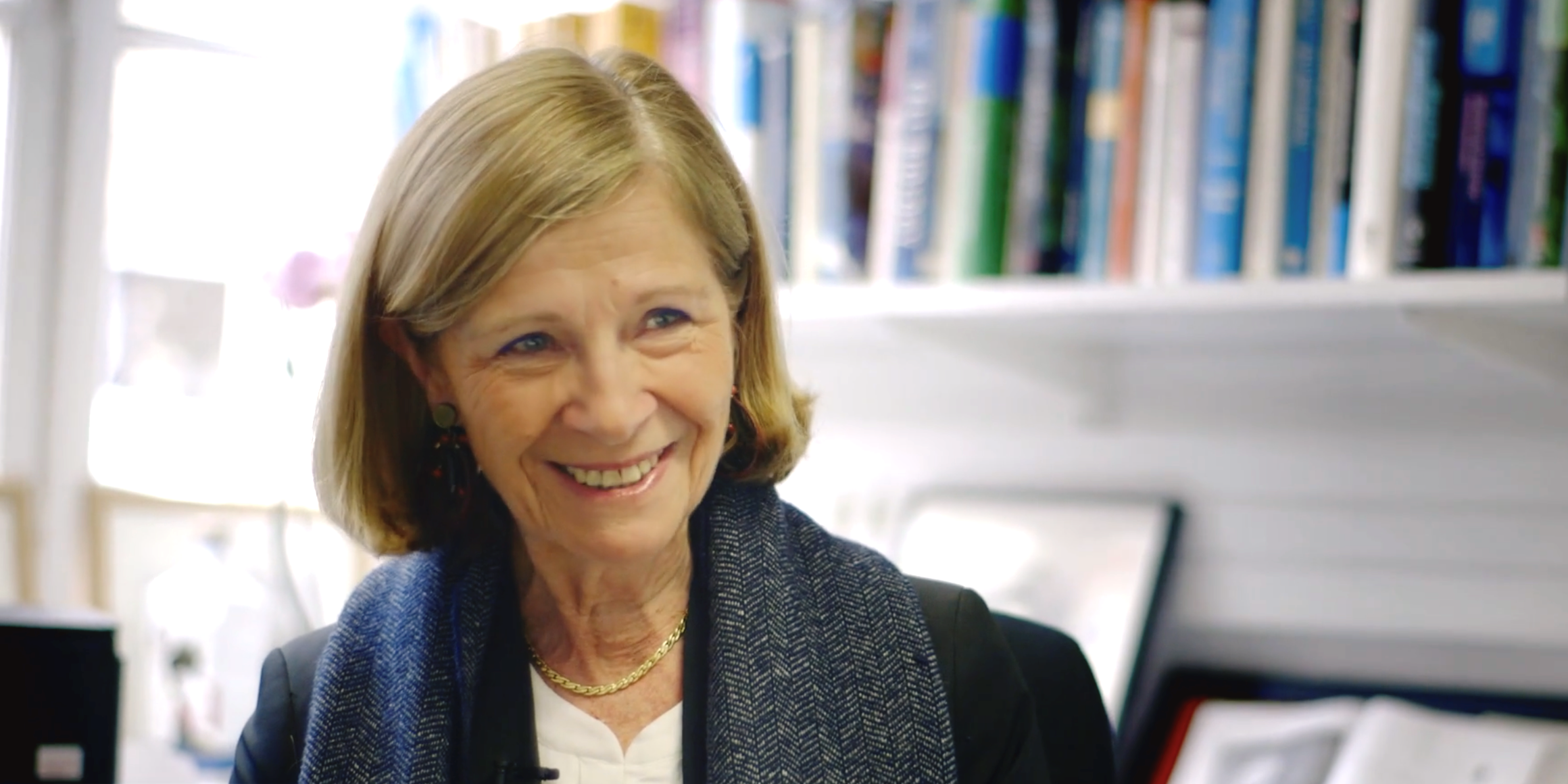

Liselot Dewachter
Institut de Duve Avenue Hippocrate, 75 - B1.75.08 1200 Bruxelles
The Dewachter Lab studies how the bacterium Streptococcus pneumoniae regulates its cell cycle to better understand its requirements for growth
Major achievements
- Recipient of an ERC Starting Grant (2024) to study S. pneumoniae cell cycle regulation
- Proof-of-concept for a rationally-designed combination treatment strategy that resensitizes amoxicillin-resistant S. pneumoniae
- F.R.S.-FNRS Research Associate (2023)
- Vice-chair of the Young Belgian Society for Microbiology (2022)
Recherche
Question
How does the bacterium Streptococcus pneumoniae regulate its cell cycle to enable growth in a wide variety of different and often harmful environments?
Research focus

Streptococcus pneumoniae is one of the most important human pathogens. It consistently ranks among those bacteria with the highest mortality rates and highest number of resistance-associated deaths. New and effective ways to combat S. pneumoniae infections are therefore needed.
We want to contribute to the search for new antibacterial therapies by first building a better understanding of how S. pneumoniae grows and divides. More specifically, we study how S. pneumoniae regulates different cell cycle processes - such as DNA replication, chromosome segregation and cell division - and how these different processes are coordinated to each other. Like most bacteria, S. pneumoniae can thrive in a variety of different growth conditions and is able to survive hostile environments such as those encountered during in vivo infections. Our research is therefore not limited to standard laboratory growth conditions but aims to study cell cycle regulation upon a variety of different clinically-relevant perturbations.
We use a combination of genetic approaches, molecular cell biology and biochemistry to elucidate molecular mechanisms of S. pneumoniae cell cycle regulation. The obtained insights can point towards previously unexplored bacterial vulnerabilities. Our research may thereby reveal novel ways to block growth of this major human pathogen. This way, we hope that our work will contribute to the development of novel antibacterial therapies.
Maladies
Bio
Liselot Dewachter obtained her Master’s degree in Bioscience Engineering at the KU Leuven (Belgium) in 2013. She then joined the lab of Prof. Jan Michiels at KU Leuven, where she obtained her PhD in Bioscience Engineering in 2017. For her PhD work, she characterized a novel cell death pathway in the model bacterium Escherichia coli.She stayed in the same lab as a postdoctoral fellow for a total of four years. During this time, she studied the role of the enigmatic GTPase ObgE in E. coli cell cycle regulation. She paused this project for two years to join the lab of Prof. Jan-Willem Veening at the University of Lausanne in Switzerland where she investigated cell size regulation in the major human pathogen Streptococcus pneumoniae. She joined the de Duve Institute as a Group Leader in 2023 when she became an F.R.S.-FNRS Research Associate and UCLouvain Associate Professor.
Honors
- Simonart Foundation Prize (2025)
- F.R.S.-FNRS Research Associate (2023)
- Co-chair Gordon Research Seminar Bacterial Cell Surfaces (2022)
- Vice-chair Young Belgian Society for Microbiology (2022)
- Best oral presentation award, Annual Symposium of the Belgian Society for Microbiology (2022)
- Marie Skłodowska-Curie Actions postdoctoral fellowship (2019-2021)
Affiliations
- Group Leader, de Duve Institute
- Research Associate, F.R.S.-FNRS
- Associate Professor, UCLouvain
Equipe
Postdoctoral Scientist
Research Assistant
Technical support
The role of the essential GTPase ObgE in regulating lipopolysaccharide synthesis in Escherichia coli
Dewachter L, Deckers B, Mares-Mejía I, Louwagie E, Vercauteren S, Matthay P, Brückner S, Möller AM, Narberhaus F, Vonesch SC, Versées W, Michiels J
Nat Commun (2024) 15(1):9684
Deep mutational scanning of essential bacterial proteins can guide antibiotic development
Dewachter L, Brooks A N, Noon K, Cialek C, Clark-ElSayed A, Schalck T, Krishnamurthy N, Versées W, Vranken W, Michiels J.
Nat Commun (2023) 14: 241
Amoxicillin-resistant Streptococcus pneumoniae can be resensitized by targeting the mevalonate pathway as indicated by sCRilecs-seq
Dewachter L, Dénéréaz J, Liu X, de Bakker V, Costa C, Baldry M, Sirard J-C, Veening J-W
eLife (2022) 11:e75607
The dynamic transition of persistence towards the viable but nonculturable state during stationary phase is driven by protein aggregation
Dewachter L, Bollen C, Wilmaerts D, Louwagie E, Herpels P, Matthay P, Khodaparast L, Khodaparast L, Rousseau F, Schymkowitz J, Michiels J
mBio (2021) 12:e00703-21








